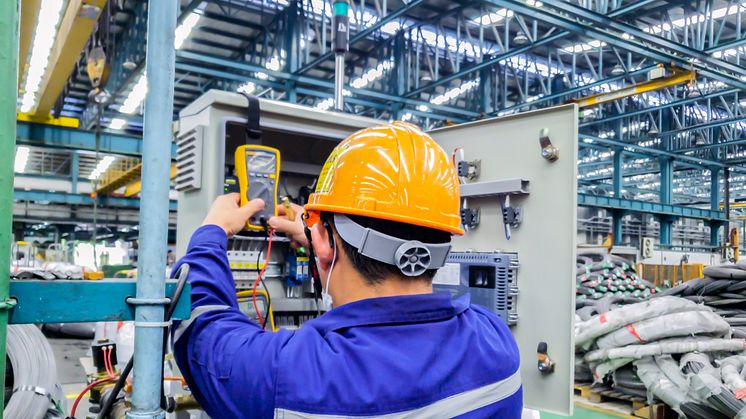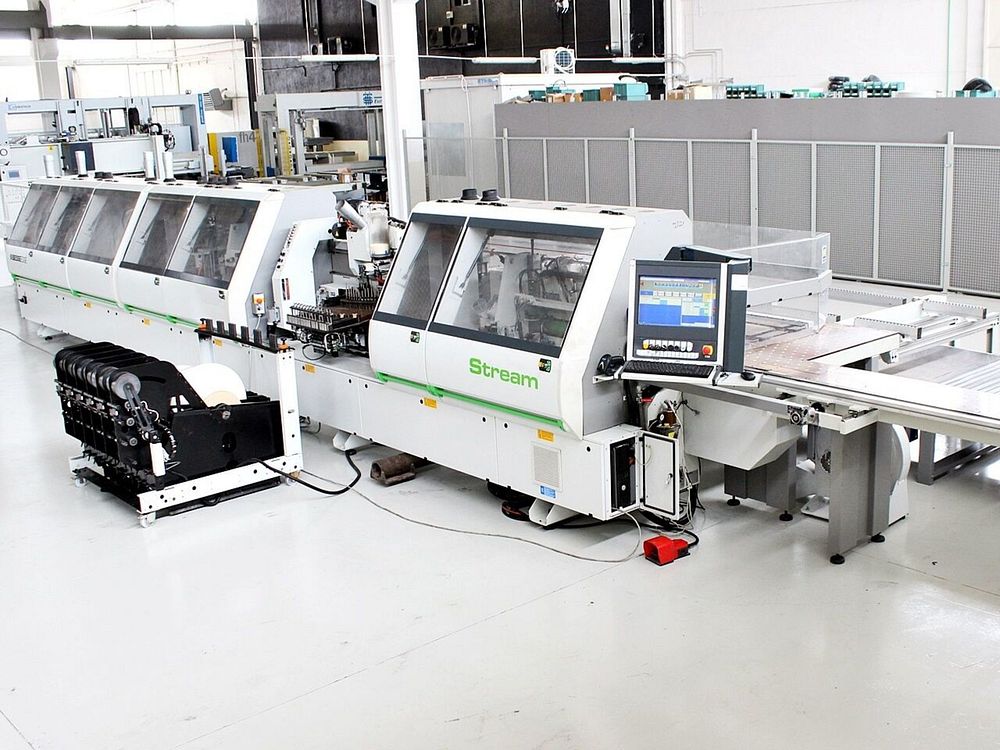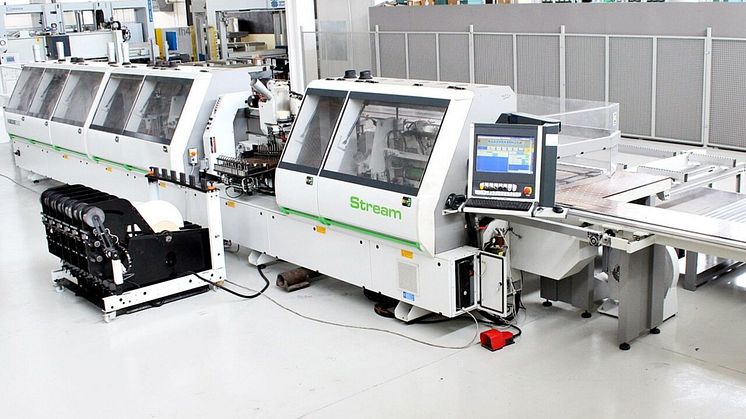
Press release -
Energy crisis in Europe: a balancing act for the industry
The EU’s pioneering role in climate protection matters is not without its disadvantages, with its energy supply hugely dependent on gas. The Ukraine War has resulted in sharply rising gas and electricity prices and while a way out of the crisis is currently being discussed on the political stage, things remain unclear for the industry. A wave of insolvencies currently looms, triggered by rising costs. What industrial operations can expect and how second-hand machines can help.
The EU’s plan of action was actually set: climate neutrality was to be reached in the Member States by 2050. Greenhouse gases were to be reduced, “green jobs” generated and a portion contributed to slowing down the rise of global surface temperatures. One of the key aspects is the switch to renewable energy sources: instead of from coal and gas, energy needs to be obtained from solar energy, wind and hydropower.
But the energy transformation in Europe is a long way off from how it could be. Citizens are protesting against wind turbines, restructuring work is being decelerated through lengthy approval processes, and there is a shortage of professional workers and construction materials for actual implementation.
An abrupt halt to the energy transformation
At the start of 2022, the climate targets were hit with another obstacle. The war in Ukraine starts in February, bringing with it a whole slew of consequences. Supply chains collapsed, raw materials were scarce and prices shot up. The supply gap, still unable to be closed using sustainable energies, is now becoming glaringly obvious thanks to the stoppage in supplies of gas from Russia. Gas has had to be imported from alternative regions, resulting in a huge price increase. And as the electricity price is linked to that of gas, rising costs have been seen here too.
But the production facilities of many businesses depend on electricity, gas, coal and oil and the energy transformation, actually intended to act as a safeguard, is now proving to be the problem.
Businesses on the back burner
Calls for a way out of the crisis are loud and clear. Governments are attempting to provide relief through price curbs, cost dampening, direct payments to the population and term extensions for energy producers from the fields of nuclear power or coal. After all, high energy costs are putting many companies at risk and the insolvency wave already anticipated due to the coronavirus pandemic now threatens to become a reality.
Whether for drying processes, annealing and burning kilns or other production processes – many companies are dependent on gas and would have to raise their prices substantially to be able to manage the added costs. But price increases scare potential customers away. As a result, many companies are no longer able to compete.
According to a VDMA survey, 90% of companies are having problems with their energy supply and over half expect the situation to get worse. Businesses are currently trying to save gas and electricity without having to make too many concessions in production – but potential for savings is limited.

Second-hand machines as an alternative in the crisis
A stagflation caused by supply chain interruptions and high energy costs means that many companies are facing the acute risk of insolvency. In addition, Europe is unattractive as an industrial location, as energy-intensive businesses in particular have little incentive to base their production facilities here. Many companies are confronted with rising pressure to restructure their operations. Production lines need to be adapted and made more effective and energy-efficient with new machines.
But as with producing businesses, machine manufacturers are also being affected by the current crisis, with prices and waiting times for new machines skyrocketing. For many companies, buying a new machine as a modernisation solution is therefore not an option.
In times of crisis more than anything, it is worth taking a look at the second-hand machine market. Many businesses currently want to free up their budget by selling machines they no longer need. The offer on auction platforms such as Surplex.com is on the rise and even modern, well-kept machines from various industrial branches such as metal, wood or construction can be bought for an affordable price. From settlement to dispatch and payment, buyers there are supported by experienced experts at every stage of their machine purchase, meaning they can find the best offer for their business. Despite the difficult situation in machine manufacturing, companies are therefore still able to take a further step to combat the energy crisis and start the new year off in a strong position.
About Surplex
Surplex is one of Europe’s leading industrial auction houses and trades worldwide in used machines and factory equipment. The 16-language surplex.com auction platform is visited around 50 million times every year. We sell more than 55,000 industrial products per year in over 500 online auctions. The company is based in Düsseldorf and has offices in 15 European countries. Over 200 employees from 20 different nations generate an annual turnover of more than 100 million euros.


